Tazapay Raises Series B with Ripple & Circle
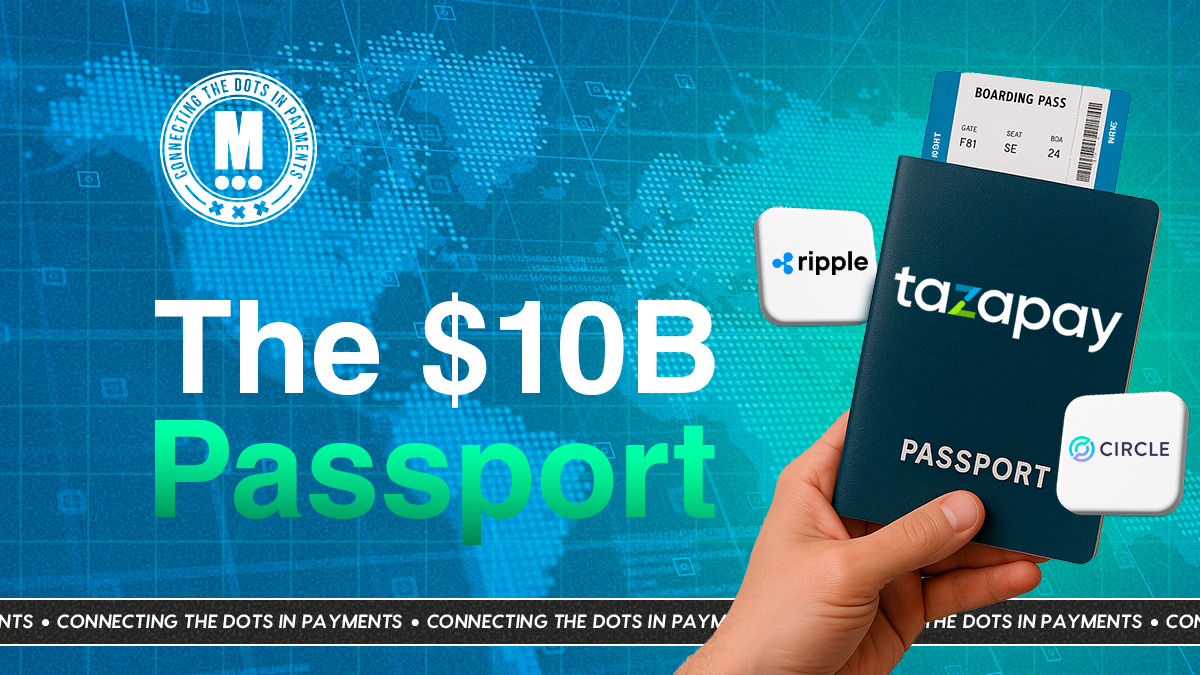
Hey Payments Fanatic!
Tazapay, a payments startup that processes over $10 billion a year, has closed its Series B round with Ripple and Circle joining to boost its presence in Japan and move forward with license applications in the US, UAE, Hong Kong, and Australia.
CEO Rahul Shinghal summed it up:
“We’re entering the next chapter of our journey, one where modern payment technologies, regulatory compliance, and partnerships with global leaders will enable the future of cross-border commerce.”
But the story doesn't end here, scroll down for the full scoop.👇
See you tomorrow!
Cheers,
PODCAST
🎤 LATAM vs US FinTech: Lessons from Deuna. In this episode of Connecting the Dots in FinTech, Arthur talks with José María Serrano, co-founder of Deuna, the one-click checkout startup reshaping e-commerce in Latin America. They dive into key differences between U.S. and LATAM FinTech, Deuna’s path to product-market fit, and how it tackles fraud, conversion, and scalability, offering valuable lessons for founders in emerging markets. You can also listen to us on Spotify
LATAM vs US FinTech: Lessons from Deuna
INSIGHTS
🇺🇸 One-third of consumers make urgent or same-day bill payments, finds ACI Worldwide SpeedPay Pulse report. Its 8th edition examines consumer billing and payment trends, offering billers valuable insights and practical advice to capitalize on emerging trends. This year’s report shows that digital payment channels now dominate the landscape, with mobile wallets embraced across generations.
NEWS
🇲🇽 Collaborative AI could prevent financial crime in Mexico by Cleber Martins, Head of Payments Intelligence & Risk Solutions at ACI Worldwide. He reveals how AI can combat money laundering and fraud, and explains that democratic technology allows small and large institutions to compete on a level playing field.
🇸🇬 Cross-Border Payments Platform Tazapay secures strategic investment from Ripple and Circle. It will use the capital to expand its global licensing and operations. Tazapay processes more than $10 billion in annualized payment volume. Keep reading
🇬🇧 McLaren bucked the recent trend and signed a new F1 title sponsor in a multi-million dollar deal. McLaren Racing CEO Zak Brown shared his excitement about the team’s renewed partnership with Mastercard, reaffirming their commitment to fans: “Our fans come first, we’re excited to bring them even closer to the team with unforgettable experiences.”
🇦🇺 Paul Monnington takes the reins at Mastercard in 2026. WPay boss Paul Monnington will take the reins at Mastercard in Australia and New Zealand in January 2026, after Richard Wormald accepted a promotion to head up the company’s Asia Pacific region in Singapore.
🇧🇷 B3 acquires Control of Shipay for R$37 million. B3 is purchasing 62% of the company for R$37 million. According to a market filing, the deal also includes the option to acquire the remaining stake by 2030, with the price contingent on the achievement of certain performance targets.
🇸🇪 Klarna to seek valuation of up to $14 billion in IPO next month. The company paused its IPO plans in April after U.S. President Donald Trump's sweeping tariffs caused global markets to rattle. It had also looked at going public in 2021 but decided not to proceed.
🇲🇽 Brazilian FinTech OneKey Payments announces expansion to Mexico and Chile. The move is part of the company’s strategy to broaden its presence in the region and meet the growing demand for digital transactions, to become the leading international provider in Latin America by 2027.
🇺🇸 Plaid expands Layer with autofill to cut U.S. onboarding friction. The company said the feature is designed to align with fresh U.S. regulatory guidance. In July, the Federal Deposit Insurance Corporation clarified that banks can rely on pre-filled identity data to meet Customer Identification Program requirements, provided that customers review and approve the information.
🇺🇸 Google Cloud is building a blockchain for digital payments. This protocol is designed to facilitate easy digital payment processes for financial institutions and enterprises. For now, the project is in the private testnet, but it will be made available to the public in the coming months.
🇩🇪 German banks halted 10 billion euros in PayPal payments due to fraud concerns. The payments were halted after lenders flagged millions of suspicious direct debits from PayPal that appeared last week. PayPal said on its website that a temporary service interruption caused delays in transactions for a small number of accounts over the weekend.
🇮🇩 Moolahgo launches QRIS "scan & pay" on moolahPAY. This integration unlocks secure and seamless digital payments at approximately 40 million QRIS-enabled merchants across Indonesia. moolahPAY users can pay effortlessly by scanning any static or dynamic QRIS code.
🇺🇸 Thread Bank selects Finxact from Fiserv to power embedded banking strategies, serving as a model for community banks. Thread's partnership with Fiserv and Infinant serves as a blueprint for community banks looking to innovate, drive new deposits, and ultimately thrive in an ever-changing landscape.
🇪🇬 Damen partners with e& Money to expand digital payment services in Egypt. This collaboration is set to improve access to financial services and support financial inclusion. The integration enables users to open an e-wallet via their mobile phones, with deposits and withdrawals available through Daman outlets, alongside the ability to transfer and receive money from any number.
🇺🇸 Payment Labs closes $3.25M oversubscribed seed round. This investment round will accelerate the company’s mission to streamline and automate pay-ins and payouts for businesses, with customized solutions for things like royalties, revenue share, and business services that are not typically provided by traditional platforms.
🌎 Rappi and AstroPay launch Latin America’s first super-app wallet integration to pay seamlessly across currencies, no cards required. The integration is now live in Argentina, Brazil, and Peru, with rollout to additional Rappi markets planned throughout 2025.
🇺🇸 Circle and Finastra weave USDC settlement into bank payments. The technical integration will allow GPP’s network of financial institutions, which processes over $5 trillion in daily cross-border transactions, to utilize the USDC stablecoin as a settlement layer.
🇺🇸 Sightline and Cross River announce an integrated payments ecosystem for the gaming industry. The firm’s new debit product, developed for the U.S. gaming industry, is said to “redefine” where funds are stored and how transactions are authorised through a demand deposit account (DDA) at Cross River.
GOLDEN NUGGET
🚨 Part 6: 𝐑𝐞𝐜𝐨𝐧𝐜𝐢𝐥𝐢𝐚𝐭𝐢𝐨𝐧 & 𝐃𝐚𝐭𝐚 𝐀𝐠𝐠𝐫𝐞𝐠𝐚𝐭𝐢𝐨𝐧 — by CellPoint Digital 👇 Created by Arthur Bedel 💳 ♻
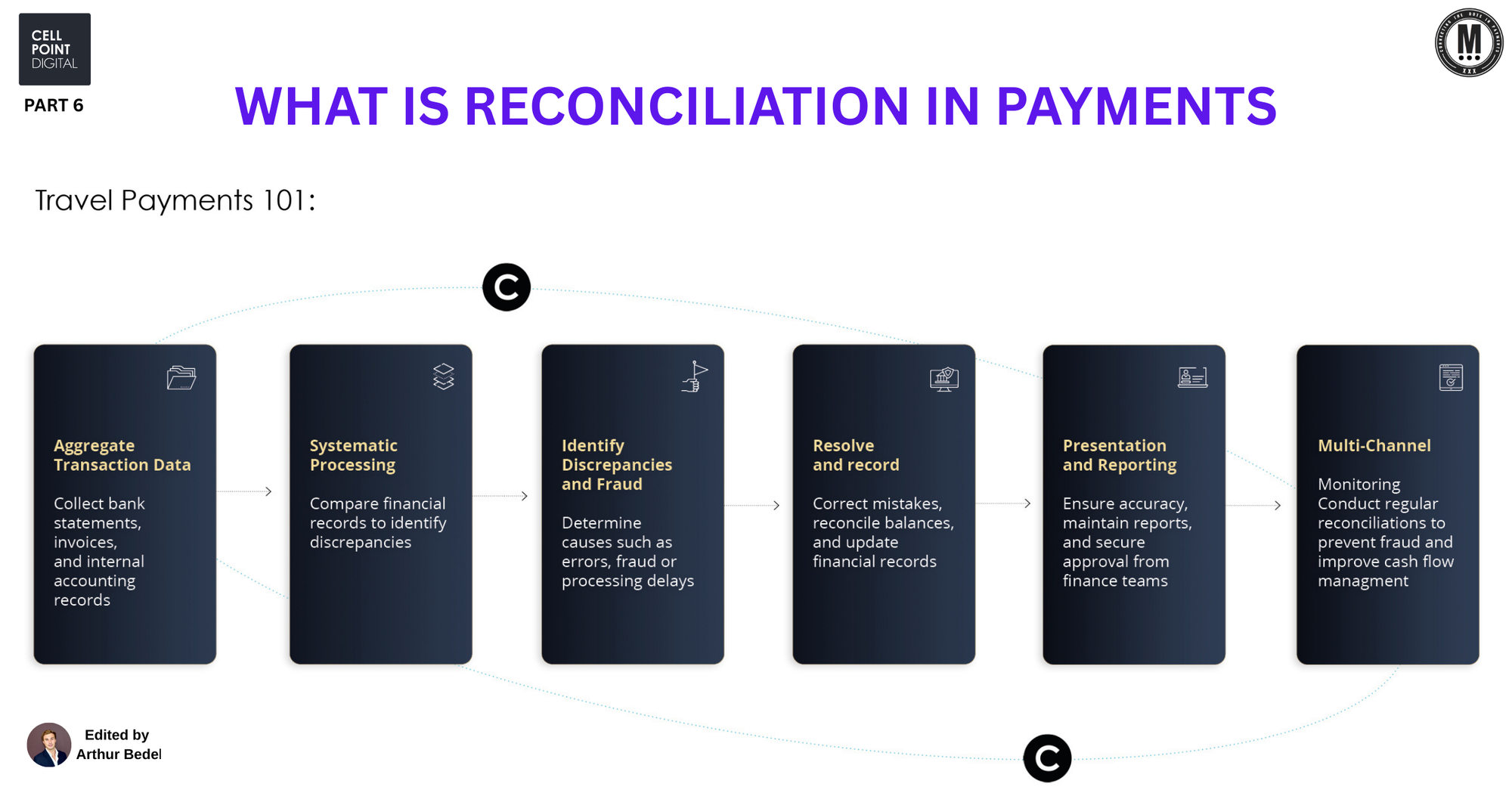
In travel payments, millions of transactions flow through multiple PSPs (Worldpay, Nuvei, Checkout.com, Getnet...) and payment methods every day. Without centralized reconciliation and data aggregation, merchants face operational blind spots, revenue leakage, and compliance risks.
That’s why reconciliation is a critical backbone of financial operations — ensuring every dollar, fee, and booking aligns across systems.
𝐖𝐡𝐚𝐭 𝐢𝐬 𝐑𝐞𝐜𝐨𝐧𝐜𝐢𝐥𝐢𝐚𝐭𝐢𝐨𝐧?
► Reconciliation is the process of matching transactions across the merchant’s records, PSP reports, acquirer settlements, and bank deposits.
► It ensures accuracy by detecting discrepancies such as missing funds, overcharges, or settlement delays.
→ In the travel industry, where high volumes and multi-channel sales are the norm, reconciliation is essential to financial integrity.
𝐓𝐡𝐞 𝐑𝐞𝐜𝐨𝐧𝐜𝐢𝐥𝐢𝐚𝐭𝐢𝐨𝐧 𝐏𝐫𝐨𝐜𝐞𝐬𝐬 — 𝐒𝐭𝐞𝐩 𝐛𝐲 𝐒𝐭𝐞𝐩
1️⃣ Transaction Recording — Merchant logs a booking/payment in their system.
2️⃣ PSP & Acquirer Reports — Payment service providers and acquirers send settlement data.
3️⃣ Bank Deposit Confirmation — Funds appear in the merchant’s bank account.
4️⃣ Data Matching — Transactions are cross-checked between internal records, PSPs, and banks.
5️⃣ Discrepancy Resolution — Exceptions are flagged and investigated (refunds, duplicate charges, short settlements).
6️⃣ Final Reconciliation — Books are closed with verified data across all sources.
→ Manual reconciliation is slow and error-prone — orchestration automates the process, saving time and improving accuracy.
𝐖𝐡𝐚𝐭 𝐢𝐬 𝐃𝐚𝐭𝐚 𝐀𝐠𝐠𝐫𝐞𝐠𝐚𝐭𝐢𝐨𝐧?
► Data aggregation consolidates transaction information from multiple PSPs, acquirers, and banks into a single source of truth.
► It enables real-time insights into acceptance rates, settlement timelines, chargeback ratios, and payment costs.
→ Without aggregation, merchants face fragmented reporting and limited visibility across their payment stack.
𝐇𝐨𝐰 𝐏𝐚𝐲𝐦𝐞𝐧𝐭 𝐎𝐫𝐜𝐡𝐞𝐬𝐭𝐫𝐚𝐭𝐨𝐫𝐬 𝐒𝐨𝐥𝐯𝐞 𝐑𝐞𝐜𝐨𝐧𝐜𝐢𝐥𝐢𝐚𝐭𝐢𝐨𝐧 & 𝐃𝐚𝐭𝐚 𝐀𝐠𝐠𝐫𝐞𝐠𝐚𝐭𝐢𝐨𝐧 𝐈𝐬𝐬𝐮𝐞𝐬
Fragmentation → Orchestration unifies data from multiple PSPs/acquirers into one dashboard.
Manual Errors → Automation reduces human error in matching, reporting, and settlement.
Revenue Leakage → Early detection of discrepancies ensures faster recovery of lost funds.
Compliance Gaps → Centralized audit trails simplify financial reporting and regulatory checks.
Lack of Visibility → Real-time aggregation offers actionable insights across geographies and channels.
Travel merchants gain financial accuracy, transparency, and efficiency.
Source: CellPoint Digital | Steven Osei
Want your message in front of 100.000+ FinTech fanatics, founders, investors, and operators?
Shoot me a message on LinkedIn or send me an e-mail.


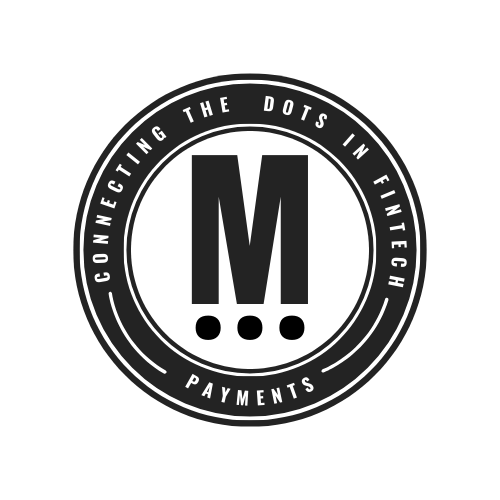
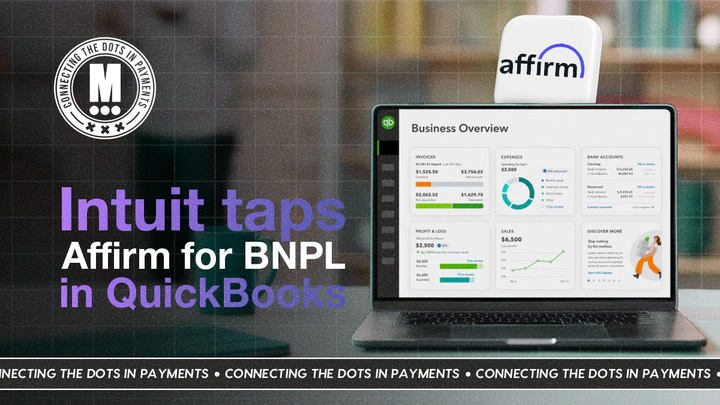
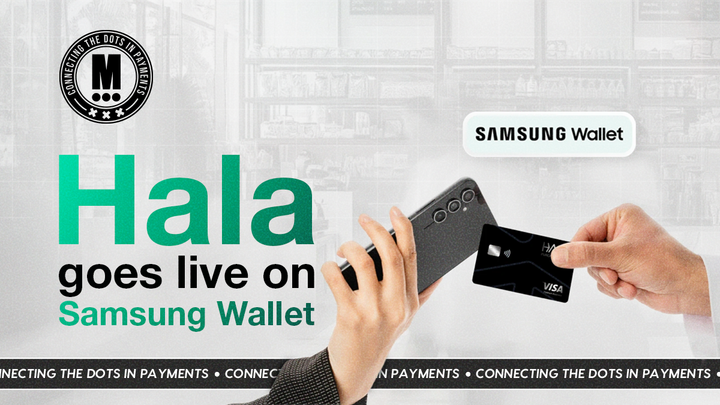
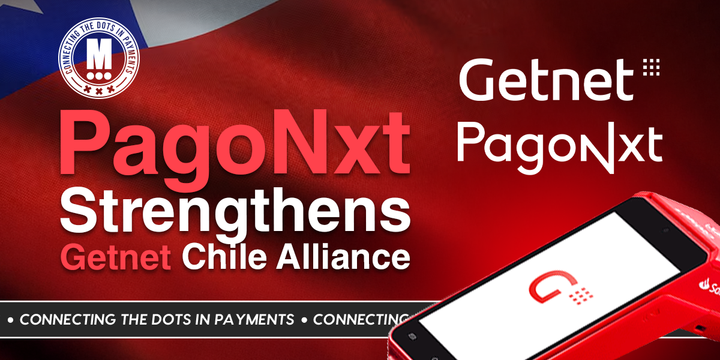
Comments ()